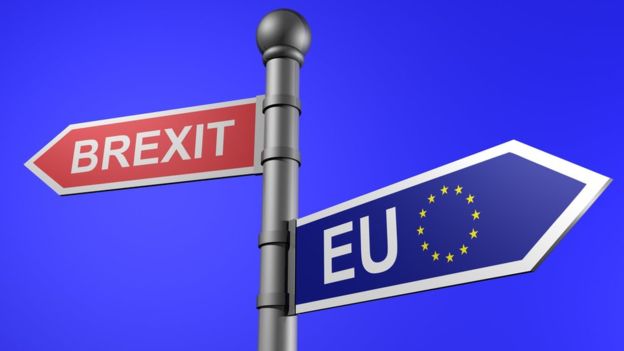The UK and EU trade deal that was announced on Christmas Eve provides more clarity for UK and EU trade from the end of the transition period.
As our own team work through the detail of the deal, we’d like to confirm the essential requirements for shipping from 1 January 2021.
• Customs Declarations will be required from 1 January 2021 for shipments between Great Britain and the European Union (and vice-versa). Although the EU-UK Trade and Cooperation Agreement refers to ‘zero tariffs’ (zero customs duties), this doesn’t replace the need to generate a Customs Declaration and so a Commercial or Pro-forma Invoice is required. The trade deal only applies to Customs duties, meaning that in most cases Customs duties will not be applied to goods fulfilling all necessary “rules of origin” requirements. However, VAT will still be levied. Customs declarations are therefore required for goods to clear the border, as the UK will have left the single market and the customs union. Country-specific restrictions will still be in place and any associated licences will also be required.
• Rules of Origin Requirements: in order to benefit from the EU-UK Trade Agreement ‘zero tariff’ (zero Customs duties), it’s essential that you provide evidence of the country of origin in the Commercial or Pro-forma Invoice for both B2B and B2C shipments – please do this using the statement below for UK or EU goods fulfilling the relevant rules of origin requirements. Without the statement, it will not be possible for SHOHAM to claim the duty relief, and it may not be possible for SHOHAM to amend the documentation post-clearance without additional charges, if at all.
The exporter of the products covered by this document (Exporter Reference No.*) declares that, except where otherwise clearly indicated, these products are of …… preferential origin.
(Place and date**):
(Name of the exporter):
IMPORTANT: The goods Country of Origin must be calculated and recorded accurately, and it is your responsibility to do this
*: The Exporter Reference No. is required for all shipments to/from UK (this reference is your EORI number).
For shipments from EU to UK with value that exceeds 6,000 EUR / £5,700, this Reference No. is your REX number
**: may be omitted if the information is contained on the document itself
• Changes to UK VAT regulations will still be introduced on 1 January 2021, as this regulatory change is not part of the EU-UK Trade and Cooperation Agreement, and applies to shipments being imported into the UK from any country worldwide. This means that most shipments valued at more than £135 will attract VAT on importation from any country, including the EU. For shipments with a value of £0-£135 when being sold by businesses to consumers in the UK, VAT will need to be collected at the point of sale and will therefore be the seller’s responsibility.


